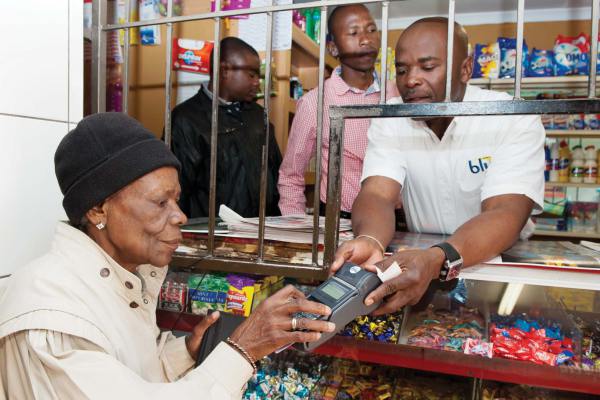There are no products in your shopping cart.
| 0 Items | £0.00 |


NIGERIA has missed her target of achieving 80% financial inclusion of its entire adult population by 2020 according to a recent report by the group Enhancing Financial Innovation & Access (Efia).
Currently the poverty capital of the world, Nigeria has more people living below the United nations poverty threshold than any other nation on earth. Despite government plans to address the problem, according to Efia, 36% of Nigerian adults or 38m people, remained completely financially excluded at the end of 2020.
In 2019, Nigeria had planned to use the National Financial Inclusion Strategy to reduce the number of financially excluded adults to 20%. However, data from the report titled Access to Financial Services in Nigeria survey showed that only 64% of Nigerian adults were financially included by the end of 2020.
Of the 64.1%, some 50.5% or 54.6m Nigerian adults had access to formal financial services in 2020, up from 48.4m. Across sub-Saharan Africa, the data indicated that Nigeria had a higher rate of financial exclusion than many other countries.
“Although Nigeria has a higher proportion of banked adults than many comparator countries, it also has a high proportion of financially excluded adults at 36%,” the report said. It said the financially excluded are predominantly dependents, reside in rural areas, who have low education and low proximity to access points
Of the 38m financially excluded adults, 43% live in the northwest of the country, while 56% of the financially excluded adults are male while the female is 44%. In addition, the survey said that despite challenging economic circumstances, financial inclusion continued to grow incrementally, with more than half of Nigerian adults using formal financial services for the first time.
“However, at the current rate of progress, the National Financial Inclusion Strategy targets for 2020 will not be met until around 2030. Stubborn access gaps have persisted since 2008 for the most excluded groups: women, northern Nigerians, those Nigerians in rural areas and youth. The main barriers to financial inclusion remain institutional exclusion, affordability, access, and low awareness” the report said.